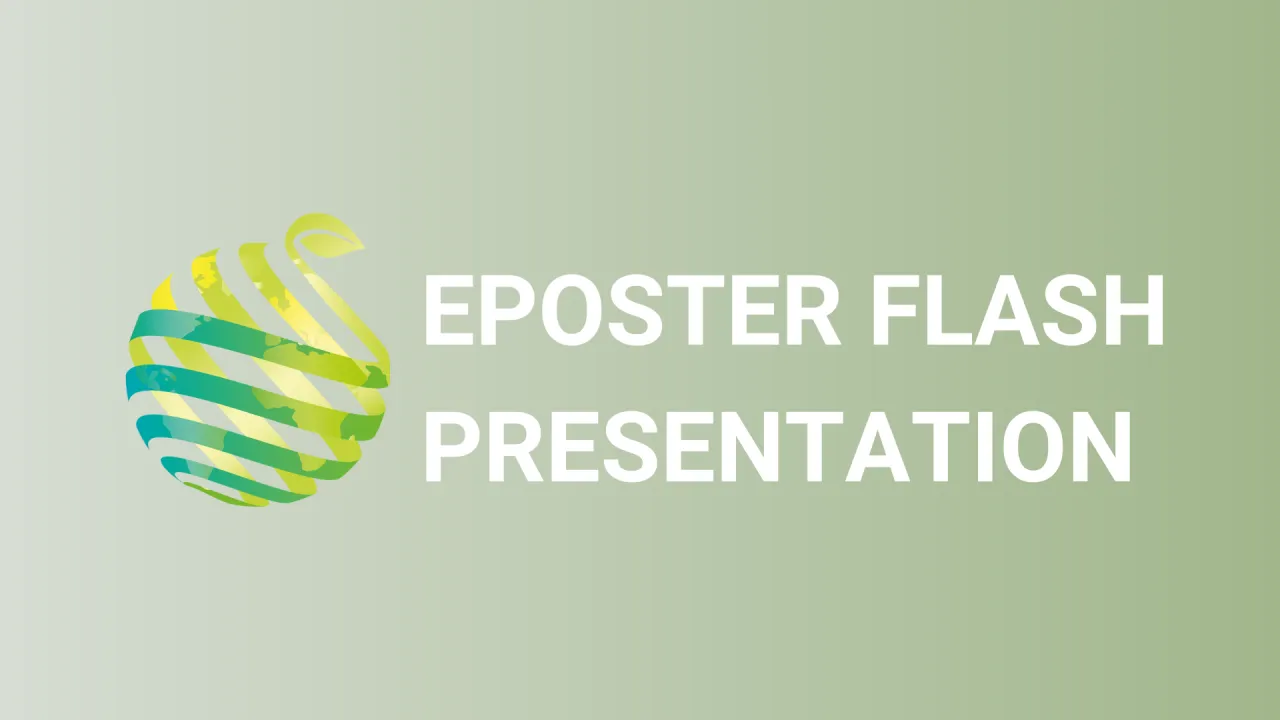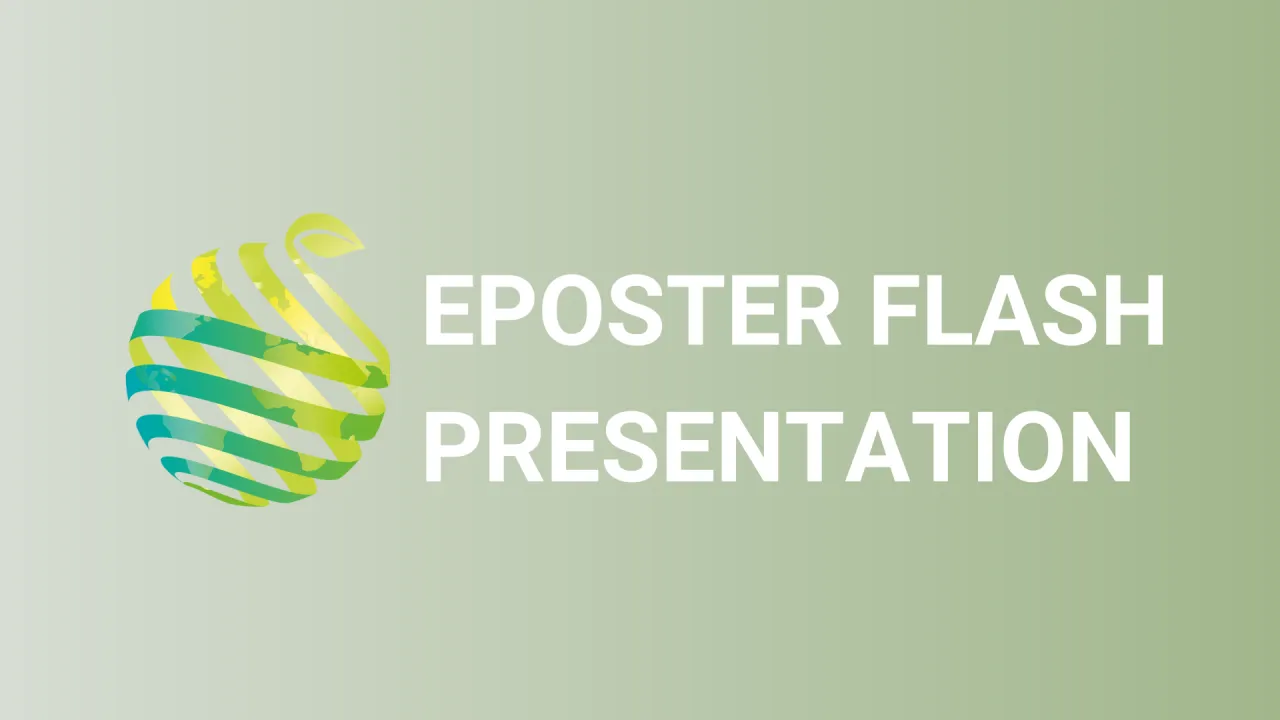

S11 - Session P5 - Impact of salinity stress on fruit quality of different Mediterranean tomato landraces
Information
Authors: Theodora Ntanasi *, Georgia Ntatsi, Ioannis Karavidas, Ioannis Ziogas, Georgios Zioviris, Melini Karaolani, Dimitrios Fortis, Vasileios Fotopoulos, Dimitrios Savvas
Abiotic stresses, such as salinity, pose major risks on sustainability and productivity of most vegetable crops in the Mediterranean Basin. In soilless cultivation systems, mild salinity stress is introduced as a common practice to improve the organoleptic characteristics of tomato fruit, compromising at the same time crop production. In this study, we aimed to identify the impact of the salinity stress on the fruit quality of sixteen tomato landraces (one beefsteak, nine mid and six cherry type) to salinity stress. The experiment was conducted at the greenhouse facilities of the Laboratory of Vegetable Production at the Agricultural University of Athens. In addition to the landraces, the variety "Moneymaker" and a commercial hybrid "Ekstasis F1" that served as control, were used. To apply the stress factor, the plants were grown under 30 mM NaCl in the nutrient solution versus the non-saline treated plants that were irrigated with a nutrient solution of 0.5 mM NaCl. Fruit quality parameters such as diameter, the values of Hunter color parameters L* (brightness), hue, Chroma and a* (red/green shade), titratable acidity and total soluble solids content (TSSC) were assessed. According to the main findings of this study, as the size of the fruit type increases the less tolerant the landraces are to saline stress. Moreover, no substantial reduction in fruit diameter of the cherry type landraces exposed to salinity was found. Besides, salinity stress enhanced the fruit quality of most cherry type landraces. The only exception was the cherry type landrace INRAE-4 as the application of stress factor had no impact on the quality of the produced fruits. The identified tolerant and resistant landraces could potentially be implemented in breeding programs to develop new cultivars and hybrids that can easily adapt in saline-affected environments.